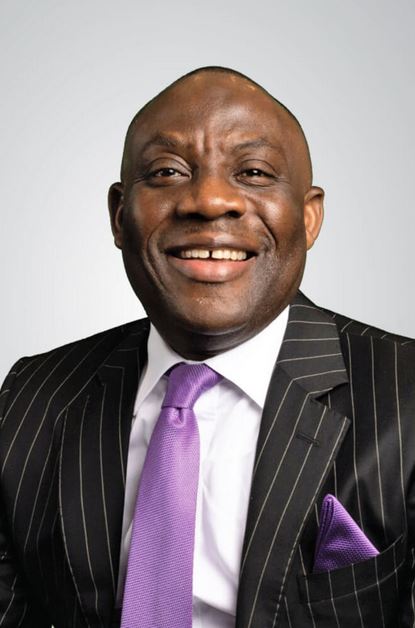Nigeria’s Minister of Education, Tunji Alausa, has called for the scrapping of all Junior Secondary Schools (JSS) and Senior Secondary Schools in the country and the introduction of a compulsory 12-year uninterrupted basic education.
The Minister proposed this while speaking at the 2025 National Council on Education (NCE) meeting, which was held in Abuja on Thursday, February 6. The meeting hosted the commissioners for education from the 36 states and the FCT, MDAs, and other development partners.
Alausa said phasing out the 6-3-3-4 model and introducing a 12-4 will reform education in Nigeria to align with ‘’global standards.”
Nigeria operates the 6–3–3–4 education system where a child enrols in school at age six and undergoes six years each of primary and secondary education, at the end of which they are expected to be aged 18.
Alausa said the government is seeking approval from the NCE to set 16 years as the minimum entry age for tertiary institutions. He said subsuming secondary schools under basic education would provide uninterrupted learning until students turn 16.
The minister said a 12-year basic education system will ‘’reduce dropout rates by removing financial and systemic barriers.” He added that the move would ‘’standardise the curriculum and offer early vocational training to prepare students for higher education and employment.”
He said that if the policy is adopted, it will ‘’enhance economic and social development by equipping young people with relevant skills and reducing child labour.”
’“Extending basic education to 12 years will ensure a standardised curriculum that is uniformly implemented across the nation. This will also facilitate early exposure to vocational and entrepreneurial skills, preparing students for both higher education and employment.
Many developed nations have implemented similar systems where basic education spans 12 years, ensuring that students acquire foundational knowledge before specialising at tertiary levels. This reform also aligns Nigeria’s education system with international standards, fostering better educational outcomes and global competitiveness,” he said.



























